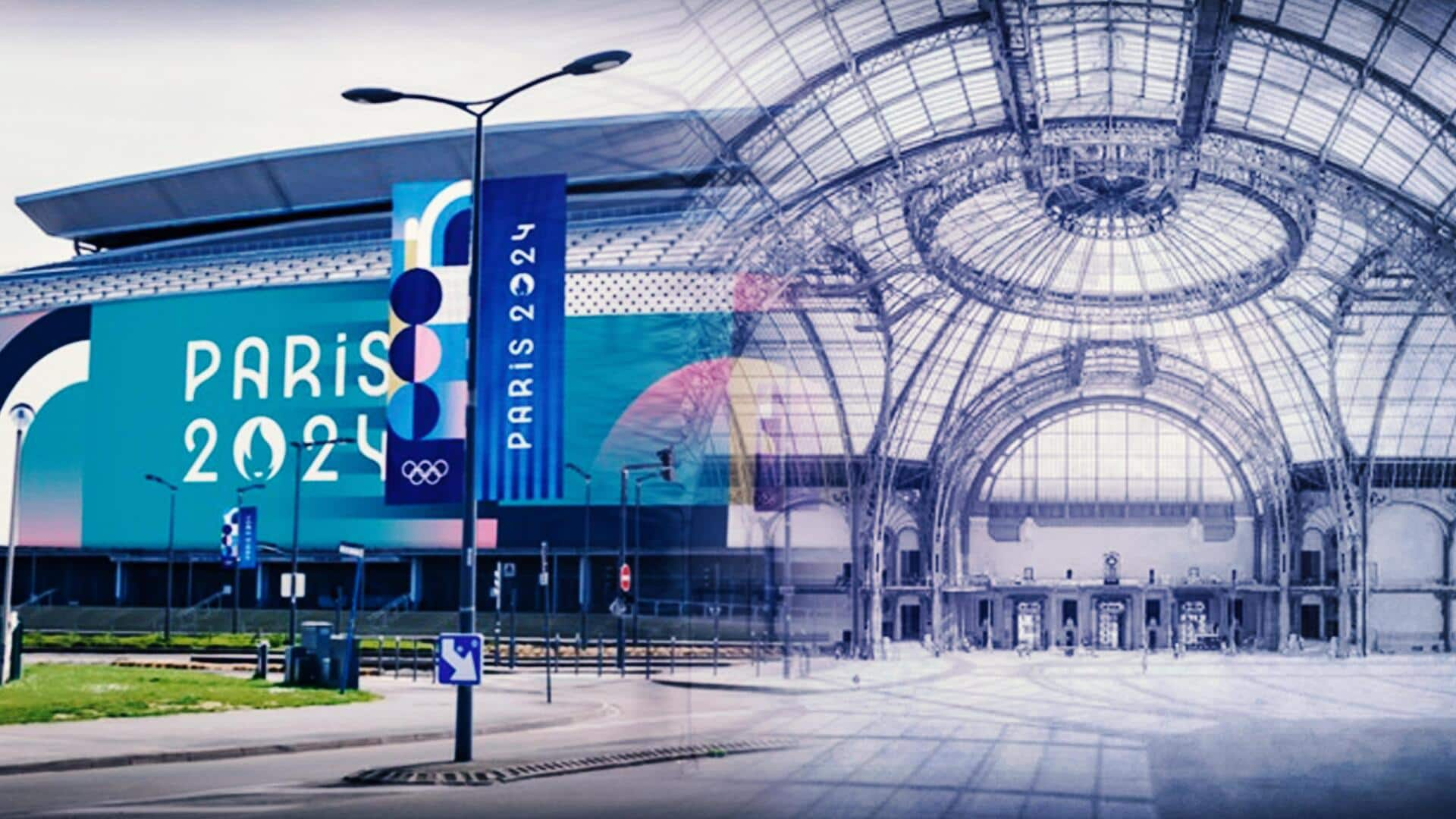What’s the story
Paris is preparing to host the most environmentally friendly Olympics to date, repurposing its famous landmarks into temporary sports venues.
The city’s Place de la Concorde has been converted into a large sports arena, ready to accommodate nearly 40,000 spectators for urban sports competitions such as breakdancing, BMX and skateboarding.
Other iconic sites like the Eiffel Tower and the Palace of Versailles will serve as scenic backdrops for beach volleyball, blind football, dressage and showjumping respectively.
Olympics to accelerate green transformation
Meanwhile, the opening ceremony is set to take place on the River Seine.
Emmanuel Gregoire, former deputy mayor for urban planning in Paris, said the city views the Olympics as an opportunity to expedite its green transformation.
He highlighted several changes including 402km of new bike lanes, expansion of the Metro network, clean-up of the Seine river and planting of 300,000 new trees.
Gregoire insisted that these transformations were catalyzed by the Games.
Paris prioritizes renovation over new construction
Notably, Paris’s Olympic bid was centered on minimal new infrastructure construction.
Instead of investing in large new venues, the city focused on upgrading existing facilities.
For example, 25 pools across the city have been renovated for the Games.
The Yves-du-Manoir stadium and Georges Vallerey swimming pool are among those revitalized for this purpose.
New structures built for Games
The €138m Adidas Arena, one of the few new structures built for the Games, was designed by NP2F and SCAU.
It will host Olympic badminton and rhythmic gymnastics before transitioning into a concert venue and home for Paris Basketball club post-Games.
Despite initial claims that most building materials would be bio-based, primarily wood, it is mainly constructed of concrete and clad with energy-intensive aluminium.
Solar energy farm, push toward sustainability
The €175m aquatics center, featuring France‘s largest urban solar-energy farm on its roof, stands as a symbol of sustainability.
The 6,000 seats, made from recycled plastic bottles, will be reduced by half after the Games and replaced with a bouldering wall, padel tennis courts and five-a-side pitches.
Laure Meriaud of Ateliers 2/3/4, architects of the project, stated that the aim was to “do better with less.”
Athletes’ housing to foster post-Games gentrification
The athletes’ housing for the Games is located in Seine-Saint-Denis, the poorest departement in France.
After the Games, these structures are expected to become a catalyst for rapid gentrification.
In a departure from previous Olympics, Paris has opted for more variety in its housing design with linear urban blocks arranged perpendicular to the Seine.

